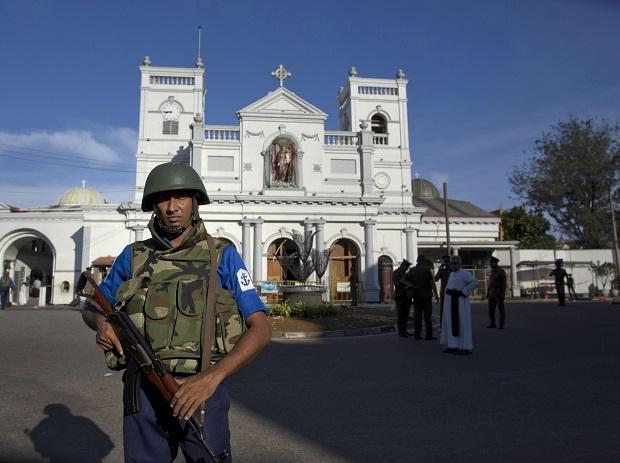
International News
On a sunny day in Colombo some 18 months ago, more than 500 members of Sri Lanka’s political and business elite gathered along the Indian Ocean coastline to celebrate the opening of the Shangri-La Hotel.The star-studded event, featuring both President Maithripala Sirisena and Prime Minister Ranil Wickremesinghe, underscored the importance of the property beyond simply attracting more tourists: It was also a monument to Sri Lanka’s resurgence following a brutal three-decade civil war between the mostly Buddhist Sinhalese majority and predominately Hindu Tamils.
The Shangri-La was built on the old site of the army headquarters, which was shifted outside the city after former strongman Mahinda Rajapaksa’s government won a decisive victory in 2009 with tactics criticized by human-rights activists.
Sitting within walking distance of the central bank, president’s house, prime minister’s residence and a $1.4 billion China-financed port city, the hotel embodied the shift in priority from security to economic growth.
The Easter Sunday bombings that tore apart the Shangri-La, two nearby luxury hotels and three Christian churches have made security a top-of-mind concern in Colombo once again.
While Sri Lankan officials are attributing the attacks to local group National Thowheed Jamaath, the Islamic State has asserted responsibility, saying it had targeted Christians and citizens of "alliance countries" -- those involved in the U.S.-led military coalition against IS in Syria.
Sirisena said he would overhaul the top posts in the country’s security services and acknowledged there were "lapses on the part of defense authorities." Since 2017, Sri Lanka had received intelligence information about the emergence of terrorist groups including some who’d received training in foreign countries, he said in a statement released late on Tuesday.
No comments:
Post a Comment